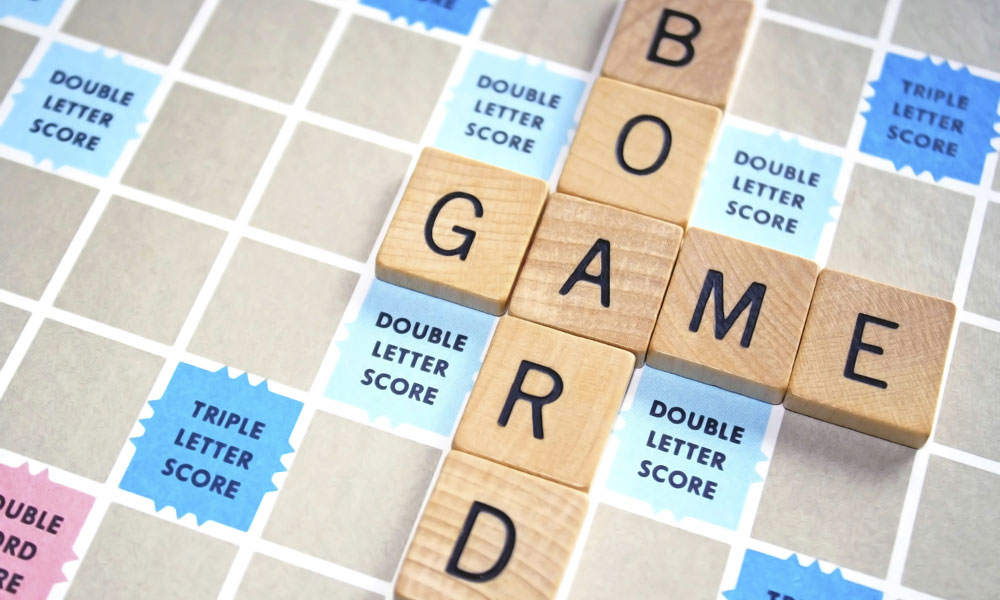
With Association’s Help, Scrabble Dictionary Expands for the Internet Age
The North American Scrabble Players Association, working in tandem with Merriam-Webster, helped pinpoint 5,000 new words for the latest edition of the game's official dictionary. The big attention-grabbers this time around should help give the game a modern twist—something Scrabble pros largely don't mind.
The North American Scrabble Players Association, working in tandem with Merriam-Webster, helped pinpoint 5,000 new words for the latest edition of the game’s official dictionary. The big attention-grabbers this time around should help give the game a modern twist.
Playing a word like “selfie” in a game of Scrabble is likely to earn you a frenemy or two. Triply so if your next word is “buzzkill,” placed on a triple-word score. (Though, with just one “z” in the Scrabble set, they might get a small bit of comfort out of seeing you use a blank letter in place of that second “z.”)
You’ll probably get yelled at and told neither word is in Merriam-Webster’s Official Scrabble Players Dictionary—the closest thing to a Bible for fans of the popular board game.
However, if you have the latest edition that’s set to go on sale August 11, you’ll be able to prove your frenemies wrong, as both words are among the 5,000 new entries to the book announced this week. (As it turns out, so is “frenemy.” Funny how that works.) And it was an association that helped get them in there.
The North American Scrabble Players Association (NASPA), a membership group launched in 2008 with game manufacturer Hasbro’s blessing, played a key role in picking the words that earned a spot in the latest edition of the dictionary. The group has taken on the role that the National Scrabble Association played before it shut down last year. Since 2009, NASPA has been helping Merriam-Webster set the scope of the new additions to the dictionary and choose words from competing dictionaries, such as the Oxford College Dictionary and the Canadian Oxford Dictionary.
The process for adding words was relatively swift, notes Merriam-Webster Editor at Large Peter Sokolowski. Previously, it took decades, but in an age when phrases quickly turn memetic, the editors have to work faster than that.
“The public can be expected to encounter this word, and that means it has to be in the dictionary,” he told the New York Daily News. “In the case of these terms, they’ve come very quickly and have been added to the dictionary.”
In case you’re wondering, the Scrabble world is not up in arms about the slangification of the game—as long as the words getting in aren’t too faddish.
“[It’s] a bit of a balancing act for us,” NASPA Copresident John Chew told the Daily News. “We don’t have any issue with slang, we just want to make sure the words are going to be around in the long run.”
Want a copy of this new dictionary? Head to the National Scrabble Championship in Buffalo, New York, August 9-13 to get your hands on one of the first editions, so you’ll be ready to unleash words like “chillax” at will.
Not that the players in the tournament will be able to use these words themselves—the phrases won’t be allowed in competitive play until December.
(iStock Editorial/Thinkstock)






Comments